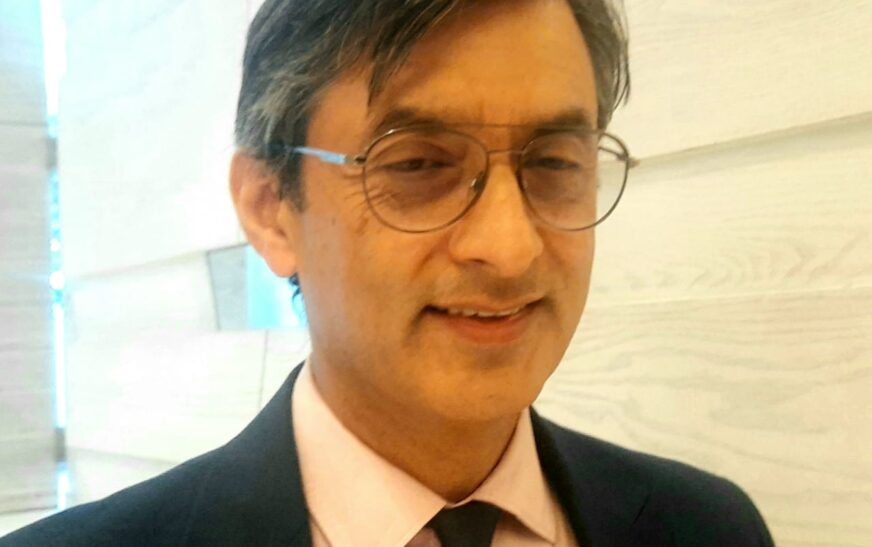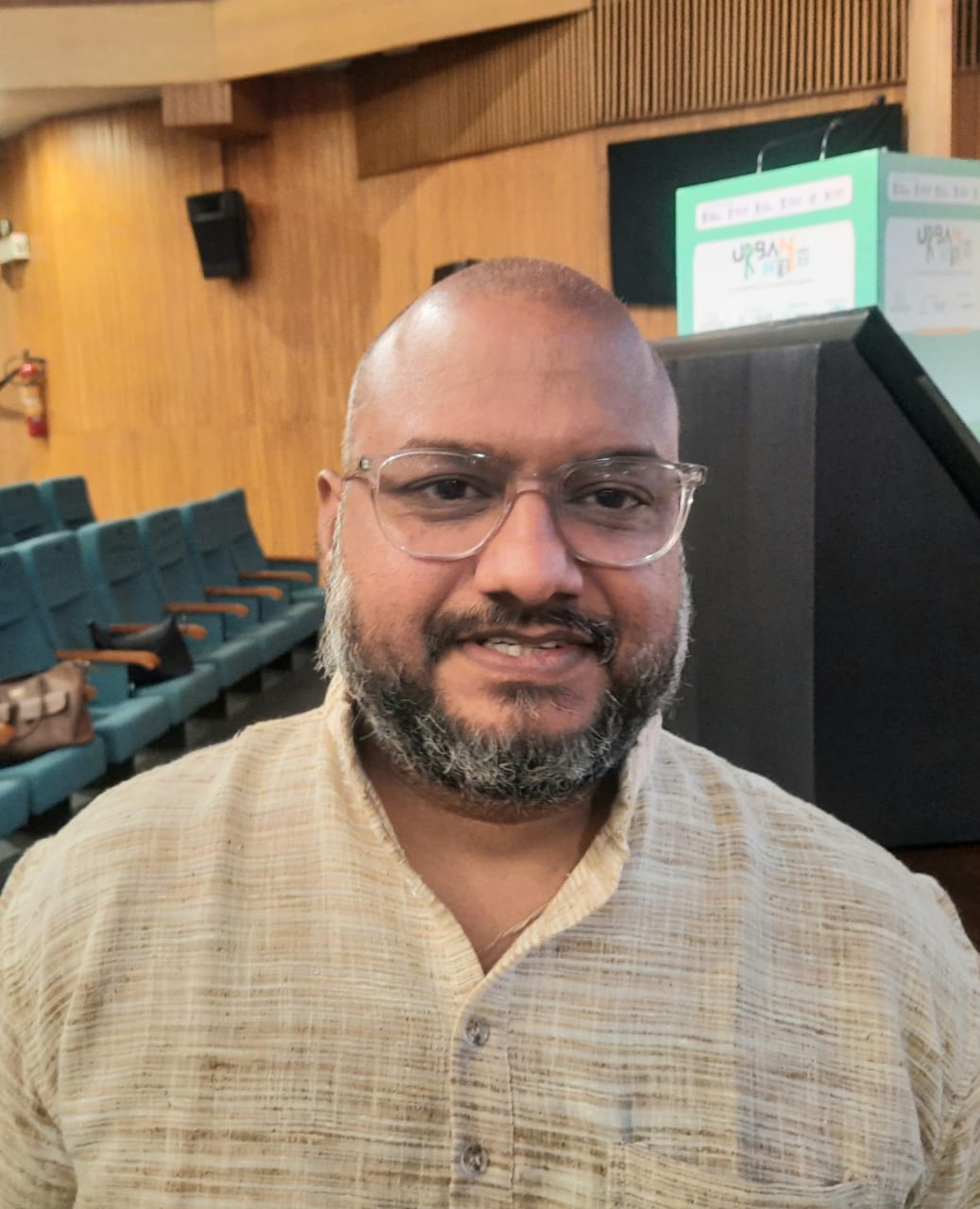CLASP, a global non-profit organization, champions energy efficiency and clean energy solutions with a mission to transform energy use worldwide. Since its inception in 1999, CLASP has forged impactful partnerships with governments, industries, and NGOs, driving policies, programs, and standards that reduce energy consumption and expand access to sustainable energy.
Operating across continents, CLASP addresses diverse energy challenges. From promoting efficient appliances and building systems to enabling off-grid clean energy access in underserved communities, its initiatives resonate globally. A standout effort is the VeraSol initiative, which sets benchmarks for solar product quality, empowering consumers with reliable, high-performing solutions. CLASP also pioneers advancements in energy-efficient technologies, enhancing lives while tackling energy poverty and climate change.
Through rigorous research, innovative tools, and technical expertise, CLASP supports equitable energy transitions, fostering economic growth and social development in tandem.
In an exclusive dialogue with The Interview World, Bishal Thapa, Senior Director – India, CLASP, delves into the organization’s strategies to boost appliance energy efficiency while aligning with Sustainable Development Goals (SDGs). He highlights the positive reception of these initiatives by the Indian government and the growing global recognition of Indian products. Additionally, Thapa outlines critical steps for stakeholders to limit global temperature rises and emphasizes the urgent need for unified global action to advance energy efficiency. Below are the key insights from this enlightening conversation.
Q: What initiatives is your organization implementing to enhance the energy efficiency of appliances while aligning with the Sustainable Development Goals (SDGs)?
A: At CLASP, our mission centers on improving the energy efficiency of everyday appliances and equipment. Consider the appliances we rely on daily—fans, lights, televisions, refrigerators, or air conditioners. These devices consume energy to provide essential services. Our goal is to achieve the same level of performance from these appliances while using significantly less energy.
This approach benefits consumers by reducing costs and contributes to a sustainable future by lowering overall energy consumption and emissions. To achieve this, we collaborate with a diverse range of stakeholders. A key part of our work involves partnering with governments. For instance, in India, we work closely with the Government to develop and implement policies that enhance the energy efficiency of these essential appliances.
Q: What has been the government’s response to your initiatives or proposals?
A: India boasts a robust policy framework for appliance efficiency, covering an impressive range of 38 products and equipment. Globally, it stands out as a model of excellence, showcasing the effectiveness of well-implemented standards. The Bureau of Energy Efficiency plays a pivotal role as a strong and capable institution driving this progress.
However, there is always room for improvement. The challenge lies not only in India but across the world—policies must expand to encompass more products and appliances, while existing frameworks require continual refinement and strengthening. The scope for growth in this area is vast, yet India’s government remains highly receptive to advancing its efforts.
Reducing emissions is central to the government’s climate strategy, directly aligning with its goals of cutting overall emissions and lowering emissions intensity. Enhancing appliance efficiency plays a crucial role in achieving these targets. As a cornerstone of India’s climate action plan, the government’s ongoing focus on improving efficiency demonstrates its commitment to a sustainable future—and significant strides are already underway.
Q: How do you perceive the global acceptance of Indian products in international markets?
A: Indian products enjoy growing global acceptance, with LED lighting serving as a standout example. Today, India ranks among the world’s largest exporters of LED products—a remarkable transformation compared to a decade ago when domestic production was minimal. This shift was driven by the UJALA program, a collaborative initiative between the government and industry, which revolutionized lighting in India and continues to create benefits worldwide.
Efficiency policies play a pivotal role in enhancing the export potential and global competitiveness of Indian products. By prioritizing energy efficiency, India can further position its products as market leaders in international trade. Leveraging these policies strategically can not only strengthen India’s export markets but also establish its reputation for delivering high-quality, energy-efficient innovations. This approach aligns seamlessly with the government’s broader vision of boosting economic growth through sustainable practices.
Q: What measures should all stakeholders adopt to maintain temperature limits and create a cooler, more sustainable world?
A: To make significant progress toward limiting global warming to 1.5 degrees Celsius, as outlined in the Paris Agreement, we must focus on two critical areas. First, the world needs to triple its use of renewable energy for power production compared to current levels. Second, we must double energy efficiency by 2030 to optimize our energy consumption.
These two pillars form the foundation of our climate strategy. While countries have developed plans to improve energy efficiency, current efforts are inadequate to meet the doubling target. There is an urgent need for enhanced commitment and accelerated action to achieve this essential goal.
Q: What global actions are necessary to significantly enhance energy efficiency?
A: To achieve the goal of doubling energy efficiency, countries must implement stronger policies and actively promote market growth. Raising consumer awareness is essential, as is increasing investment and providing robust incentives. These strategic measures are also crucial instruments for driving progress and ensuring that the target is met.









